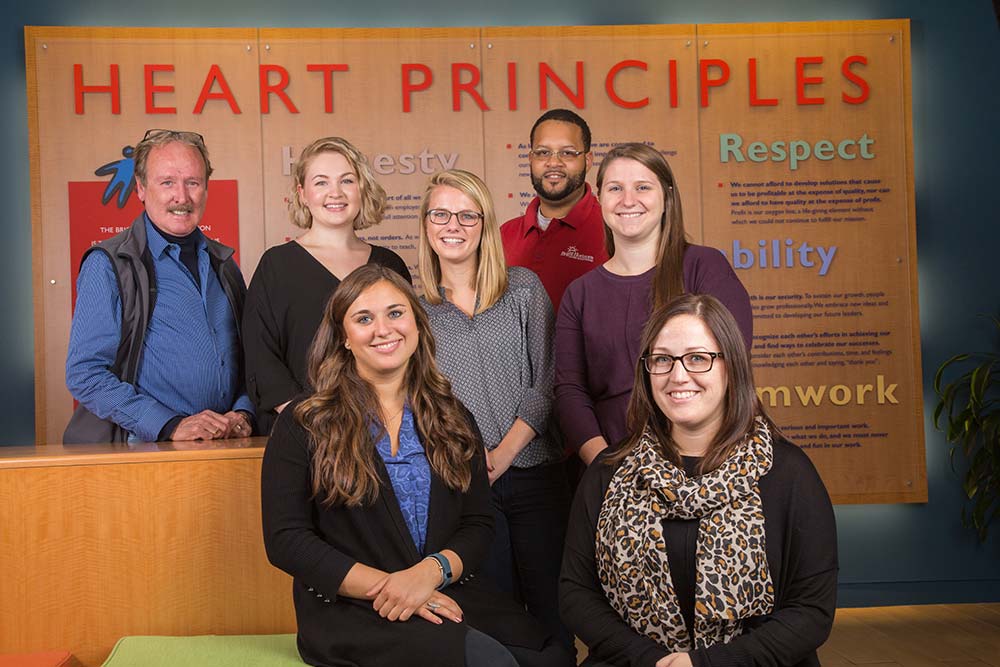And that makes skilled nurses more important than ever.
As National Nursing Week celebrates all the Florence and Lawrence Nightingales out there (men today are about 9% of nurses), here are five facts healthcare employers will want to think about (if you haven't yet):
Hospitals are going to have more patients
Baby Boomers are turning 65 at the rate of about 10,000 per day; 100th birthdays are not-so-out-of-the ordinary; and by 2030, people 65 and older will make up almost 20% of the population. All that says we're living healthier and longer, but we'll need care to keep us that way.
Patients are going to need more nurses
All that demand is going to require more nurses. But with mass retirements on the horizon (nurses are Boomers, too!), there's a question about whether healthcare providers will have enough. One study put the eventual gap between open nursing positions and available hires at nearly one million. The demand could be even greater in places where a shortage of primary care physicians will put even more pressure on nurses (specifically nurse practitioners) to fill the demand.
Nurses are going to need more training
Adequate care requires more than just headcount - skills need to keep pace, too. With studies linking patient safety to higher degrees, many hospitals and providers are gravitating to the Institute of Medicine (IOM) recommendation of 80% BSN (nurses with bachelor's degrees) by 2020. The growing need for nurse practitioners who have a master's degree - one provider told us they'd nearly doubled such positions in five years - will mean a need for even more education.
Training is going to have to come from hospitals
All those degrees come at a cost - in time and money. And it's going to be up to providers to offer the tuition assistance and educational advising to help make those degrees happen. Plus, the demand for RNs means nurses can go anywhere; and they're going to go to providers that both support their careers...and help them attain the degrees that they need.
Hospitals are going to need more nurses
Did we mention there's a shortage?
No matter how you look at it - it all reaches the same conclusion. As an article in The Atlantic put it, "Filling the vacancies left by retiring nurses isn't a simple one-for-one proposition. While the number of new nursing students and graduates is growing, the nursing-education system hasn't kept pace, effectively creating a bottleneck in which only so many aspiring nurses can access the training they need." It's the reason employers today are so interested in education...and the reason we've begun hosting our virtual nursing education fair.To all the nurses out there on the front lines of taking care of us all: Happy National Nurses Week...and thanks!





